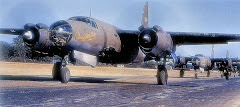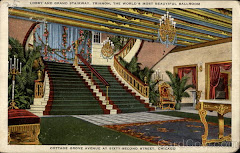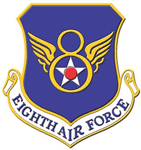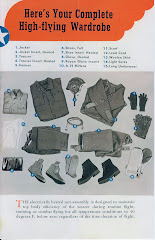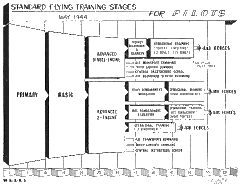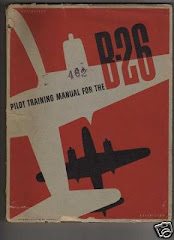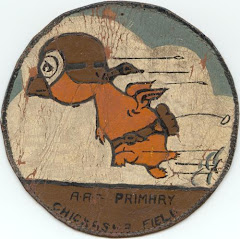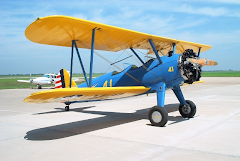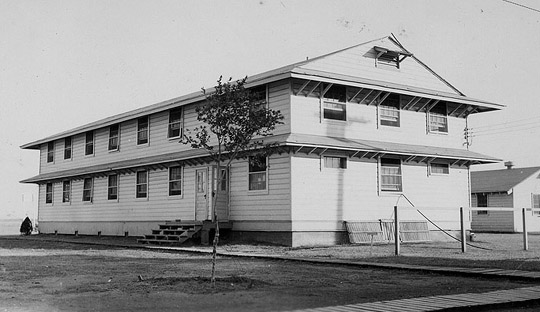In mid-August the Army decided that we were definitely shipping out, so they gave us a 10 day leave to day good-bye to our families. Some of the guys in our group hadn’t had a leave in over a year. I’d been extremely lucky. I’d had 3 leaves in as many months. Lorraine
My mom and dad, back in Nebraska , decided they would come out to see me before I shipped out and they got on a train headed for Chicago Terre Haute my brother, his wife and Lorraine picked me up and we headed for Chicago Chicago
We checked into the Palmer House which was in the middle of what they called the Loop . I was told it was the most famous hotel in the city. I was sure it was actually a palace. All of us were in awe of the beautiful, huge lobby and its extravagant furnishings. The Palmer House was famous for its night club, the Empire Room, but my sister-in-law had her heart set on going to the Trianon Ballroom to dance to the music of Lawrence Welk. The Trianon was said to be the largest and most beautiful ballroom in the Country. It was so huge there was no problem getting in on short notice. I’d never seen or imagined anything like it. There must have been a thousand couples there that night but there was plenty of room to dance and you could hear the music from any part of the large dance floor.
I have to hand it to my sister-in-law, she had set the most romantic evening I could ever have imagined. “The Champagne Music Makers” played for hours and their music set the stage for romance. I’d given it a lot of thought and I new I was going to ask Lorraine Lorraine





